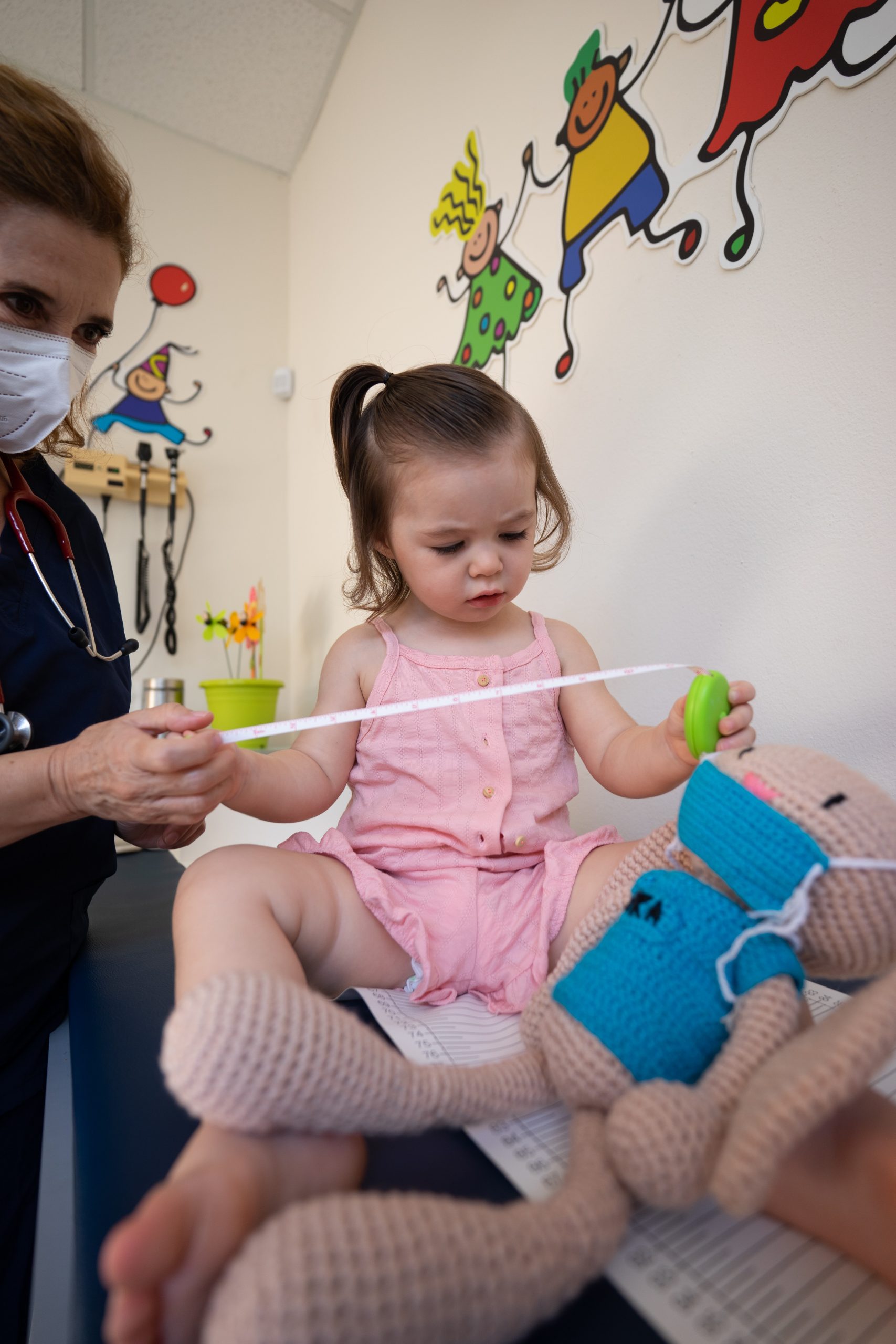Early signs of autism are easy to miss, but we can diagnose it as early as 18 months! However, many children are not diagnosed until 4 or 5 years old!

Early diagnosis is vital for the sake of intervening and guiding those affected by autism before they reach school age and begin to experience the world in a vastly different manner than their non-autistic peers.
This blog will make you learn more about some of the earliest signs that suggest autism in young children.
Let’s find out.
Is It Hard For Your Baby To Look At You?
Any non-autistic babies will be incredibly interested in playing peekaboo with you or gawking like a bumblebee at your face.
But, if your baby has difficulty looking or focusing on your face, it may be an early sign of autism.
Does Your Baby Not Respond To Their Name?
Babies listen to your voice with a lot of concentration when you speak to them.
They also respond to social cues; for example, if you say come here with your arms open or wave bye-bye as you leave and say look there in which you are pointing, they will respond.
However, children with autism don’t respond to the place you are pointing; rather, they focus on your hand. If your baby doesn’t respond well to the object’s name, etc., it can be a sign of autism.
Is Your Baby Not Responding Well To Gestures Or Sounds?
Babies learn to use gestures and sounds from 9 to 16 months old and then let you know through their motions or certain sounds that they need something or are interested in something.
Most babies communicate using their hands as if they were finger-talking (using the right hand for one thing and the left hand for another).
If your child doesn’t use gestures like reaching out to you or even raising his hands to touch an object, it could be a sign of autism.
Is Your Baby More Interested In Objects Than People?
Babies are normally more interested in interacting with people than objects.
Still, if your baby wants to interact with things more than they do with people, this may be an autistic warning sign.
Do You Notice Any Unusual Gesture?
Suppose you notice your child stiffen their fingers or keep them bent in unnatural ways as an infant or if your toddler performs any of the following unusual actions repeatedly: flapping their arms, rocking back and forth on their heels or tip-toes, and knocking things over and pointing out what they did to be funny -it could be a sign of autism.
Are They Too Focused Or Attached To Unusual Objects?
Sometimes babies can attach themselves to something unusual for their age. It could be something like a piece of tissue paper, a tin, or a utensil!
This is often harmless and not dangerous; however, if the attachment lasts for a long time, this might be a sign that you’ll need to check with your pediatrician.
Do They Not Imitate Others?
Most toddlers begin imitating others by the time they are thirteen months old. They can do almost anything when observing how others do it.
They try to feed themselves with a spoon, hug others as their parents or grandparents taught them, or they even engage in talking to their favorite teddy bears or cover their toys with blankets.
However, if your baby is not imitating anyone else, it may be an early sign of autism.
Do You Notice Delayed Motor Development?
You may have heard that autism is related to delayed motor development, but what does that mean?
Well, it can be anything from not crawling by the age of 12 months or not sitting up or pushing up by the period of 18 months.
Conclusion
If you are concerned about your child’s development, talk to your pediatrician or refer your child to a specialist.
Don’t let the first signs of high functioning autism and anger slip away—if you notice any symptoms, speak out! Millions of children with autism can be helped with early intervention and treatment.
















Add Your Comment